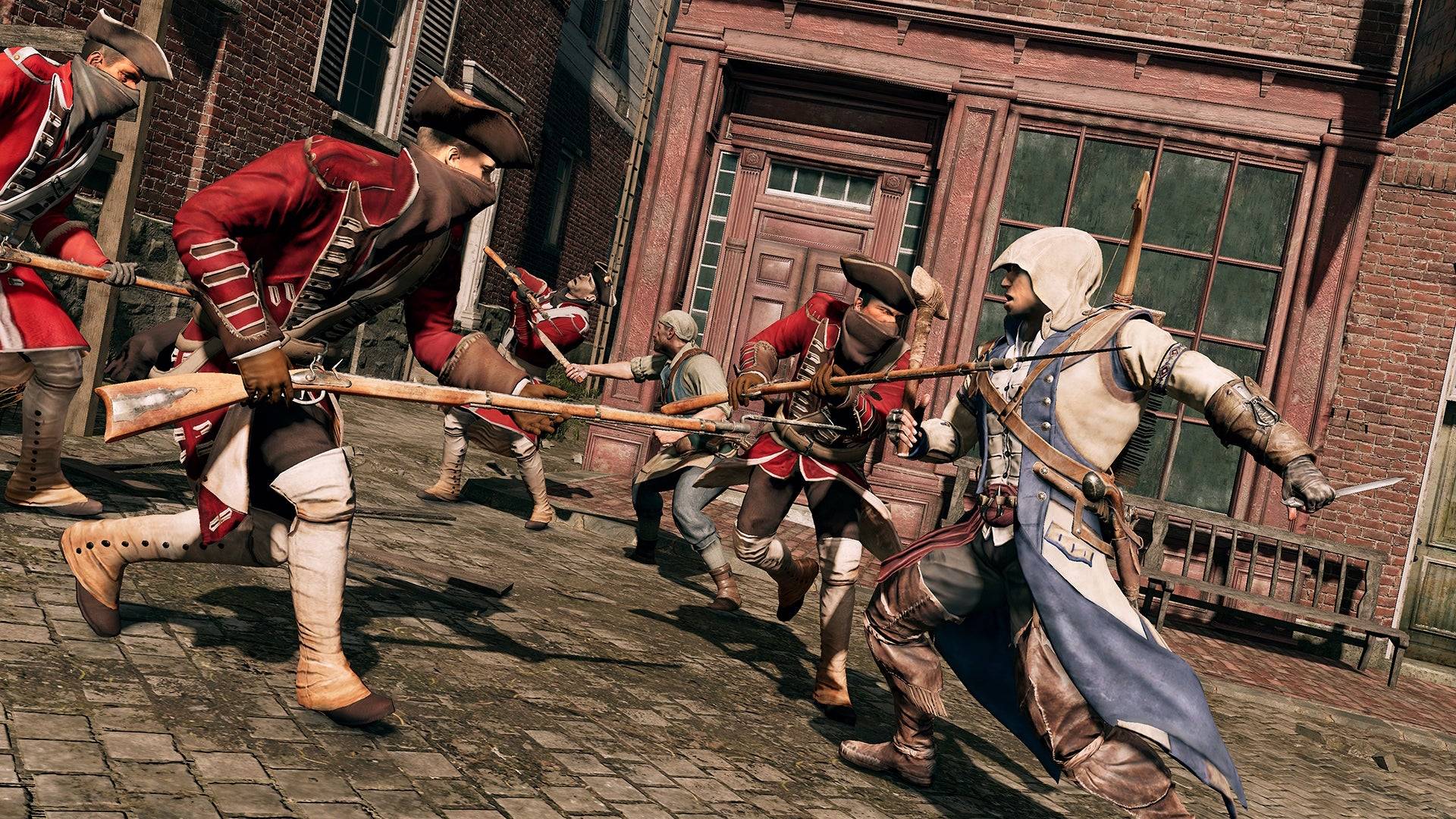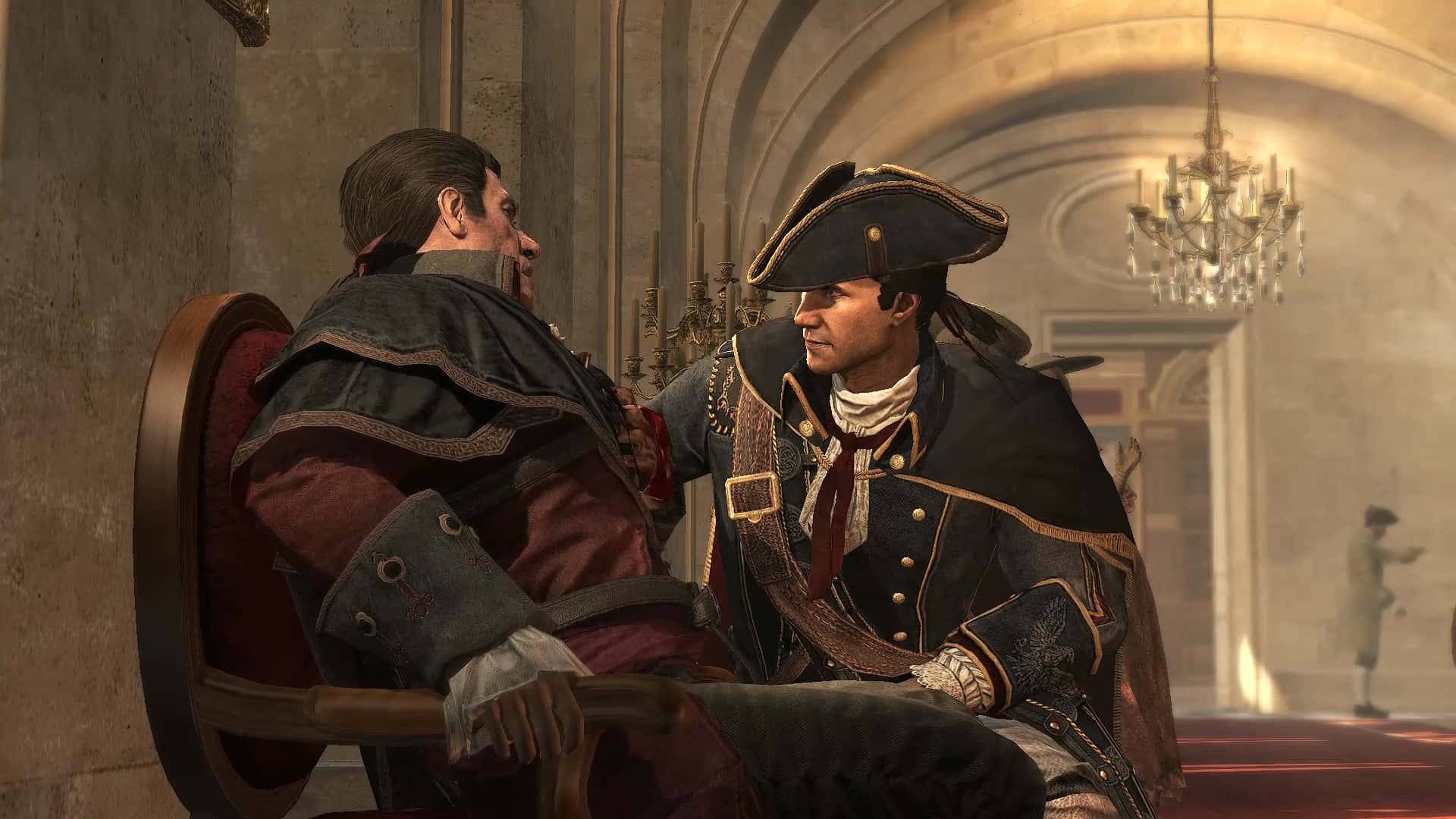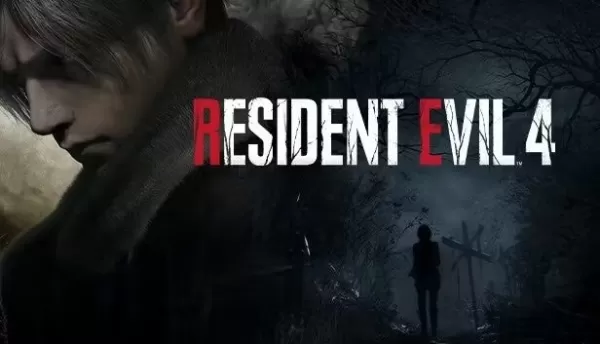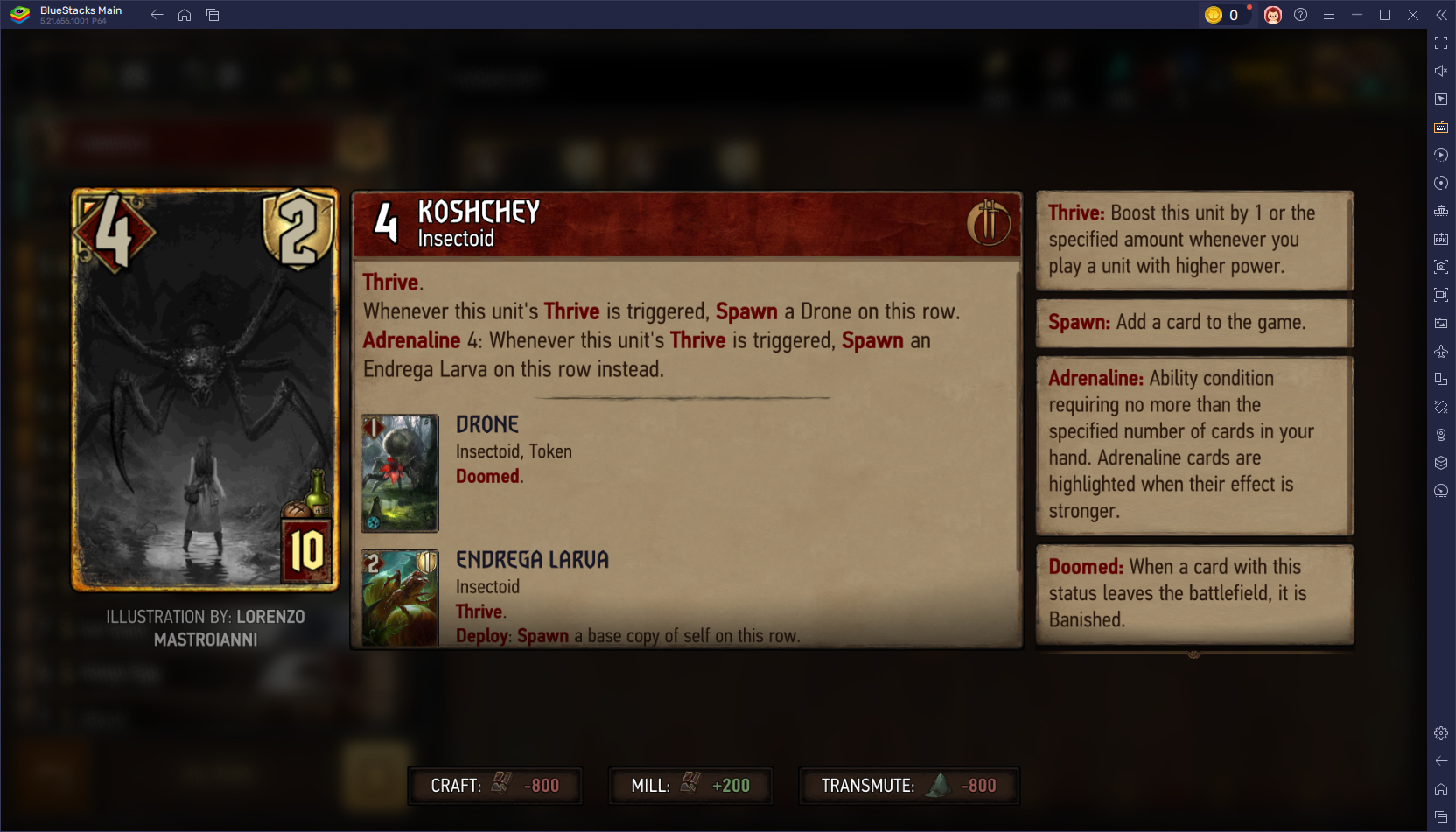"Assassin's Creed 2 & 3 Peak Writing"
- By Samuel
- Sep 29,2025
One of the most unforgettable moments in the Assassin's Creed saga occurs early in Assassin's Creed 3, when Haytham Kenway assembles his group in the New World. Players initially assume these are fellow assassins—Haytham wields a hidden blade, possesses Ezio Auditore's charisma, and plays the hero by freeing Native Americans and humiliating British soldiers. The shocking revelation comes when he speaks the Templar creed: "May the Father of Understanding guide us." Suddenly, we realize we've been aiding the series' sworn enemies all along.
This masterful twist exemplifies Assassin's Creed at its best. While the original game introduced the compelling "hunt-your-target" concept, its characters lacked depth. Assassin's Creed 2 improved with the unforgettable Ezio but still featured underdeveloped antagonists like Cesare Borgia. Only in Assassin's Creed 3 did Ubisoft devote equal care to both hunter and hunted, achieving unparalleled narrative-gameplay harmony that later titles have struggled to match.

Though the RPG-era games enjoy critical acclaim, many argue the series has been declining for years. The causes are debated: some criticize mythological battles against gods, others oppose historical figures replacing fictional protagonists. But the core issue lies deeper—the gradual erosion of character-driven storytelling beneath bloated open worlds.
The franchise's shift toward RPG mechanics—dialogue trees, XP systems, microtransactions—has created vast but hollow experiences. Side content feels repetitive, while main narratives lack the polish of earlier titles. Games like Odyssey may offer more content than AC2, but much of it feels artificial and unconvincing.
Player choice, while theoretically immersive, often backfires. Extensive branching dialogue results in less refined writing compared to the tightly scripted narratives of earlier games. The action-adventure era's focused approach allowed for nuanced characters unburdened by the need to accommodate every player whim.
Odyssey's content often feels wooden—breaking immersion as NPCs clearly behave like programmed entities rather than actual people. This contrasts sharply with the PS3 era's masterful writing: Ezio's impassioned speeches or Haytham's final, brutal words to his son Connor—
"Don't think I'll weep and say I was wrong. I should've killed you long ago."

Modern entries also simplify the Assassin-Templar conflict. Earlier games explored moral gray areas—dying Templars in AC3 force Connor to question his mission. William Johnson claims Templars could prevent Native genocide; Thomas Hickey mocks the Assassins' idealism; Benjamin Church frames conflict as mere "perspective." Haytham even undermines Connor's faith in Washington, revealing the general ordered his village burned—making players question everything.
The enduring popularity of "Ezio's Family" reflects this difference—the melody captures personal tragedy, not just historical setting. Today's games boast impressive scope and graphics, but I hope Ubisoft rediscovers the focused storytelling that defined the series' peak. Regrettably, in an industry obsessed with endless content and live-service elements, such intimate narratives may no longer be commercially viable.
Latest News
more >-

-
- Star Wars Outlaws Coming to Nintendo Switch 2
- Dec 13,2025
-

-

-

- Trump Tariffs Hit Razer Gaming Laptops
- Dec 12,2025



